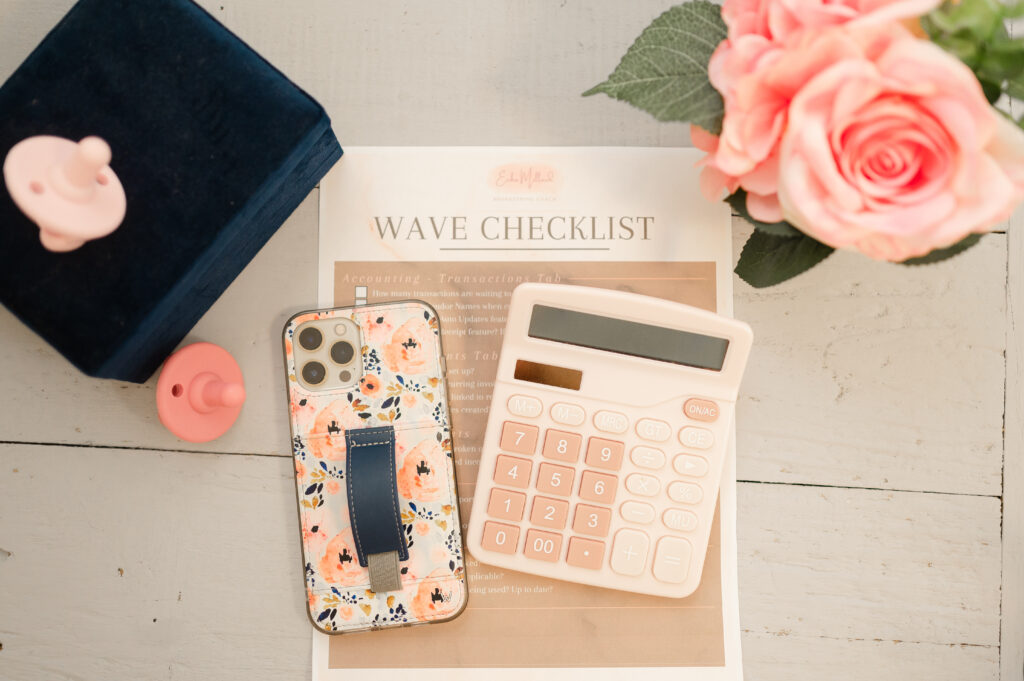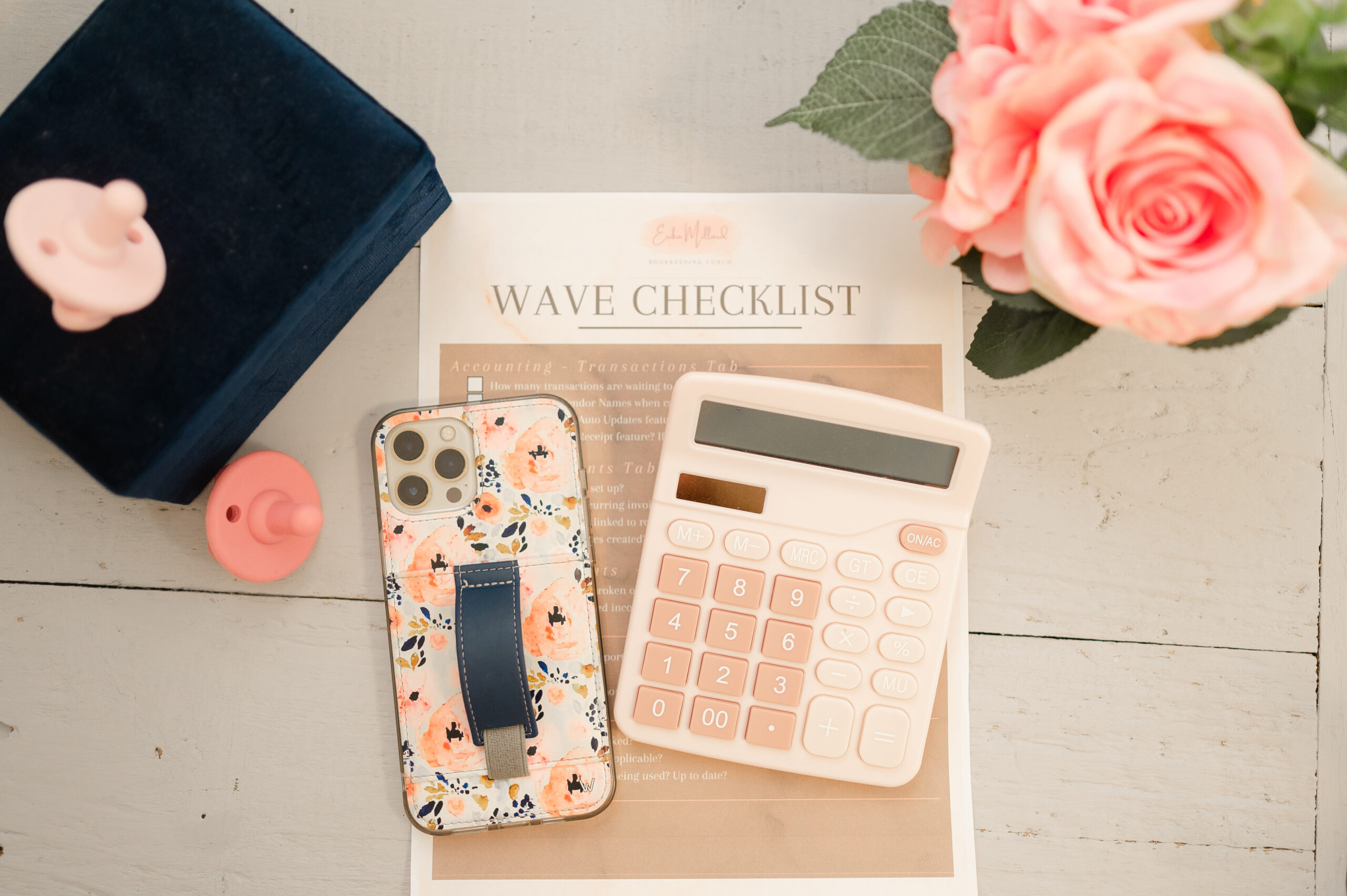
Are you a fan of personality tests? I love them, and I find it so fascinating to learn how differently people think. It’s easy to assume our way of thinking is the only way. These kinds of tests remind me that everyone sees the world through a different lens. One of the first personality tests I ever took was StrengthsFinder back in college. I haven’t taken it since then, so it would be interesting to see if my results have changed.
At the time, my top strengths were Arranger, Responsibility, Belief, Discipline, and Competition. And honestly? I was a little annoyed by them at first. All of my friends had strengths like Harmony and Connectedness—those really sweet, gentle-sounding traits. Meanwhile, mine felt intense. But once I dug into the Arranger trait specifically, it felt spot-on. It describes someone who looks for efficiencies, productivity, and clarity—someone who’s constantly arranging and rearranging to make things work better. It even says that chaos feels manageable if you can find the trend and plan for it.
Because of this, I often get frustrated in life or business when I feel like there has to be a better way to do this. I get stuck trying to find the routine, the plan, the system, the automation—something that will make everything run more smoothly. And, admittedly, this can make me a little judgy too. Like when I’m in a store or working with a group and I clearly see a more efficient way to do something, I can’t help but wonder why no one else sees it too. So if you’re wired this way as well—please tell me I’m not alone!
That brings me to today’s topic: QuickBooks.
I often hear from clients who feel like there must be a more efficient way to handle their bookkeeping, but they get overwhelmed by the idea of learning a new system. Some say, “Well, I’m not really a numbers person,” or “My spreadsheet is working fine, so why fix what isn’t broken?” And I get it. But I also think there are a few really good reasons to consider switching to QuickBooks this year.
We talked about this in the past, where we walked through how to choose the right accounting or bookkeeping platform for your business. But today, I want to take a deeper look into QuickBooks specifically and explore whether it might be a good fit for this season of your business. So, here are three reasons why I still recommend QuickBooks and consider it my ultimate go-to bookkeeping platform.
First, it’s still the household name.
Using the most popular platform has its advantages—especially as platforms like Xero or Wave grow in popularity.
Platforms like Wave and Xero still don’t have the same level of rapport or widespread use that QuickBooks does. That’s just one thing to consider when thinking about making a switch. Do you prefer a widely supported platform or are you okay with a newer, less established one?
That leads me to the second point—QB is still the easiest platform to find a bookkeeper for when you’re ready to outsource.
I’ve seen this firsthand during conversations with clients. If someone is using Wave or Xero, it can be a bit more difficult to find a bookkeeper who’s comfortable working within those platforms. It’s not impossible—they’re out there—but the number of professionals who specialize in those systems is still relatively small. So, if you do plan to outsource your bookkeeping in the future, you’ll likely have fewer options if you’re using one of the lesser-known tools. That’s just something to keep in mind: are you okay with having fewer choices?
The third reason I continue to recommend QuickBooks is because it can truly grow with your business.
It includes features like payment processing, custom reports, receipt uploads, and budgeting tools. You can compare actuals to your budget, and track income and expenses by class or project. Many of my clients have found these features especially helpful as their businesses grow.
Now, you may not need all of those capabilities right now—and that’s totally fine—but it’s worth thinking ahead. Where do you see your business going? One thing people often overlook is the cost and hassle of switching systems down the road. If you’re currently using a free or inexpensive platform, it might seem like a great deal now. Migrating to QuickBooks midyear can come with a significant catch-up cost.
So those are just a few more points I think are worth considering when evaluating your bookkeeping setup. And to circle back to a common question I get—”When is it time to graduate from using a spreadsheet?”—my answer is: it depends. For some seasons of business, a spreadsheet is totally fine. But you do want to think about how much time it’s taking you. My clients say QuickBooks and my Monthly Bookkeeping Checklist save them time and stress. If you haven’t downloaded that free checklist yet, make sure to grab it. It walks you through six simple steps to follow each month to maintain your own books.
Several clients say QuickBooks and the Monthly Bookkeeping Checklist help them finish their bookkeeping in under an hour each month. At that point, hiring a bookkeeper often isn’t worth the cost—especially if your goal is to simplify bookkeeping this year.
Using bookkeeping software can be a game changer. It offers helpful automations that speed things up—like invoice reminders, auto-categorizing transactions, and syncing with your bank account. If you’re still manually creating invoices or entering everything into a spreadsheet, those tasks can quickly eat up your time. And as business owners, we all know that time equals money.
So, if simplifying your processes and reclaiming some of your time is a goal this year, it might be the right moment to “graduate” to a platform like QuickBooks.
Now I’m curious—did this convince you to consider switching to QuickBooks?
If you have questions or want help figuring out whether it’s the right time to make the move, feel free to reach out. I’m an open book and happy to give you a straight answer.
If you decide to switch, I can offer you a better discount than what’s advertised online. It’s a bit tricky in how it works, so send me a message before you sign up, and I’ll walk you through it.
Now, let’s move into today’s financial jargon breakdown. We’re talking about accounts payable—which is just a fancy term for the bills or invoices your business owes to another person or company. Tracking this number helps you monitor how quickly you’re paying your bills. You don’t want that number to grow too large. You definitely want to avoid getting behind because late payments can lead to extra fees and penalties.
This can be especially important at tax time. If you’re late on tax payments, you may face penalties—and those extra expenses can add up quickly. In some industries, you can even get a discount for paying bills early. We touched on that in a previous episode when we discussed invoice terms. So if that’s an option for you, it’s worth taking advantage of to save money where you can.
Bottom line: accounts payable is simply what you owe to others. Managing it wisely is another way to protect your bottom line.
Listen to this episode!
